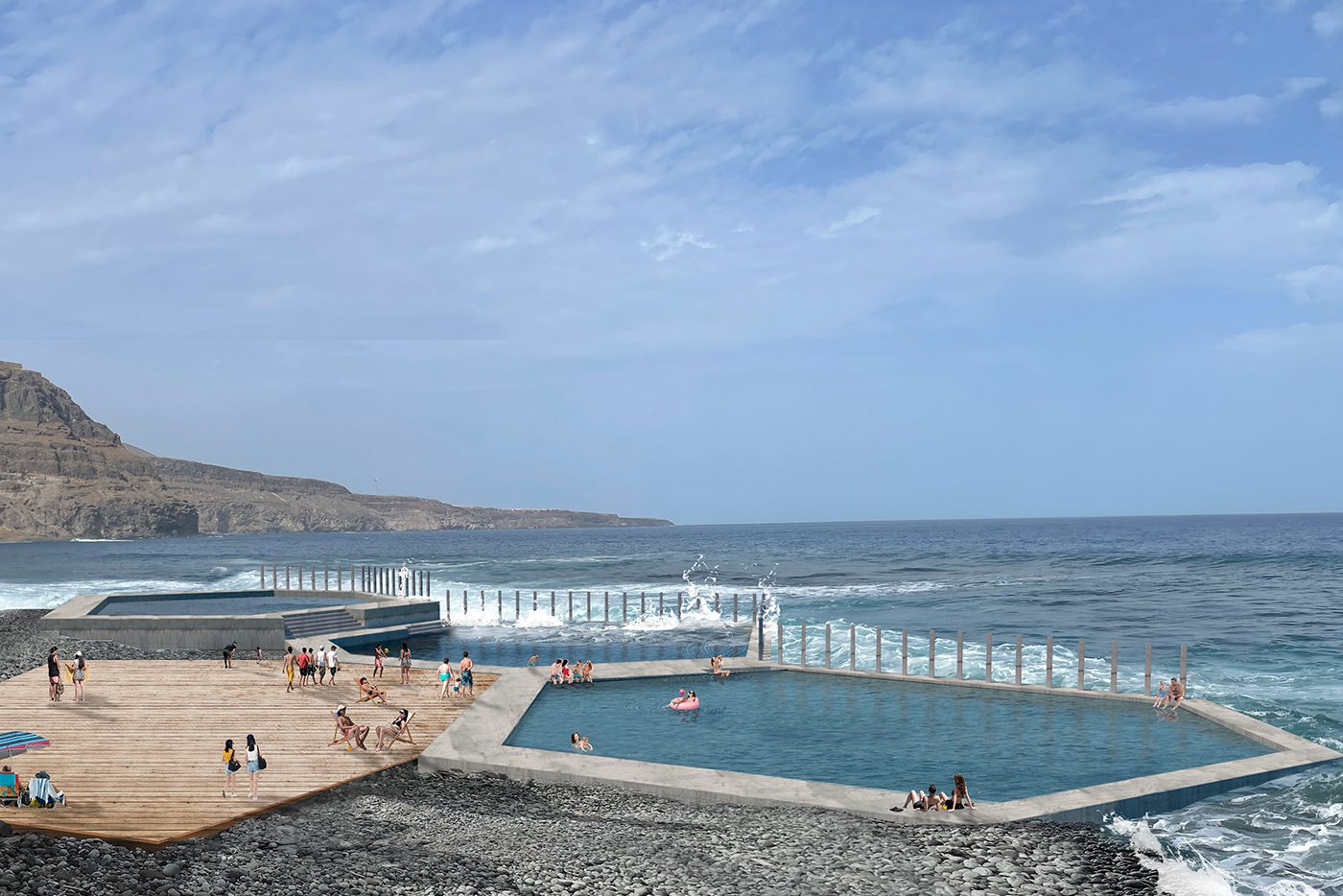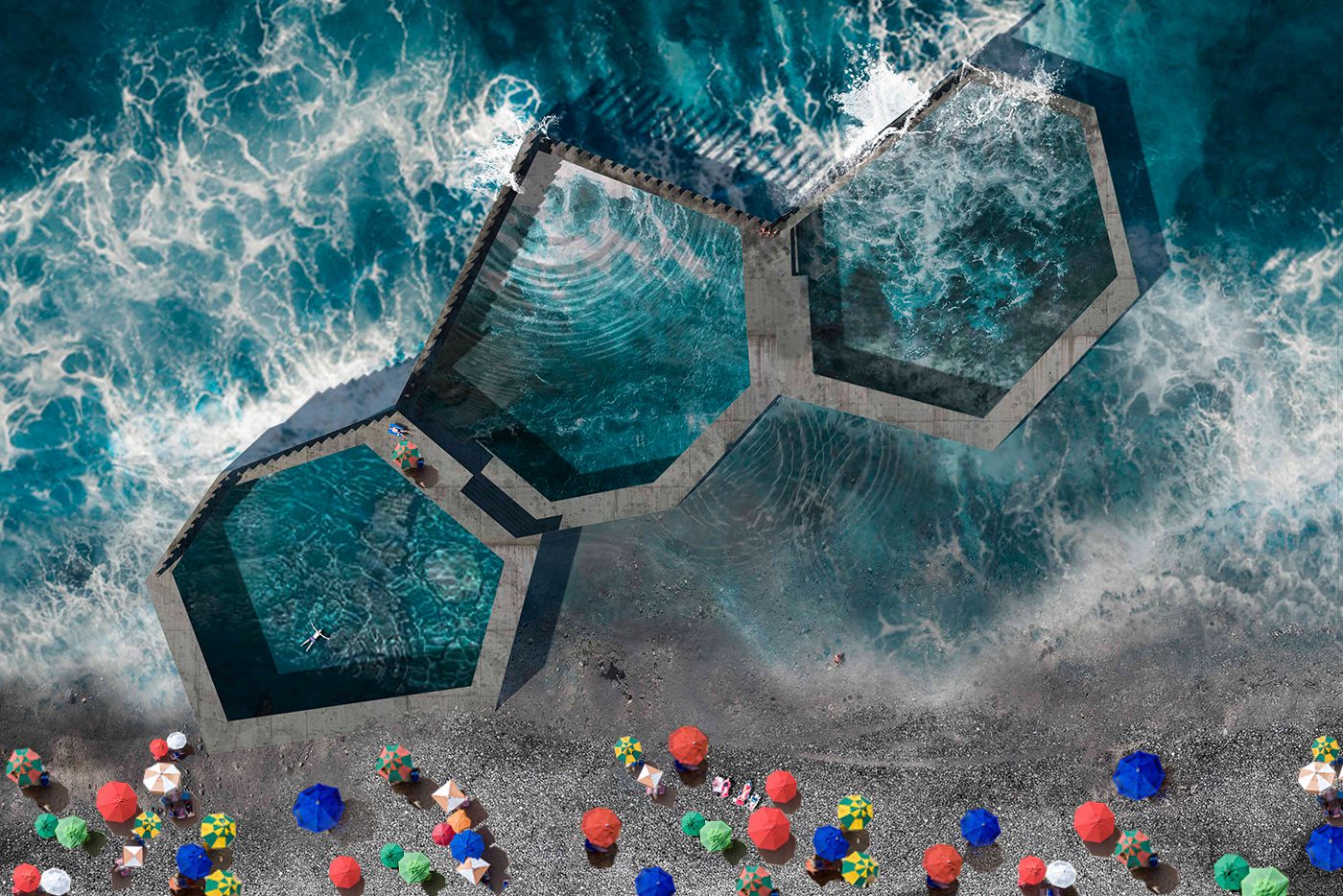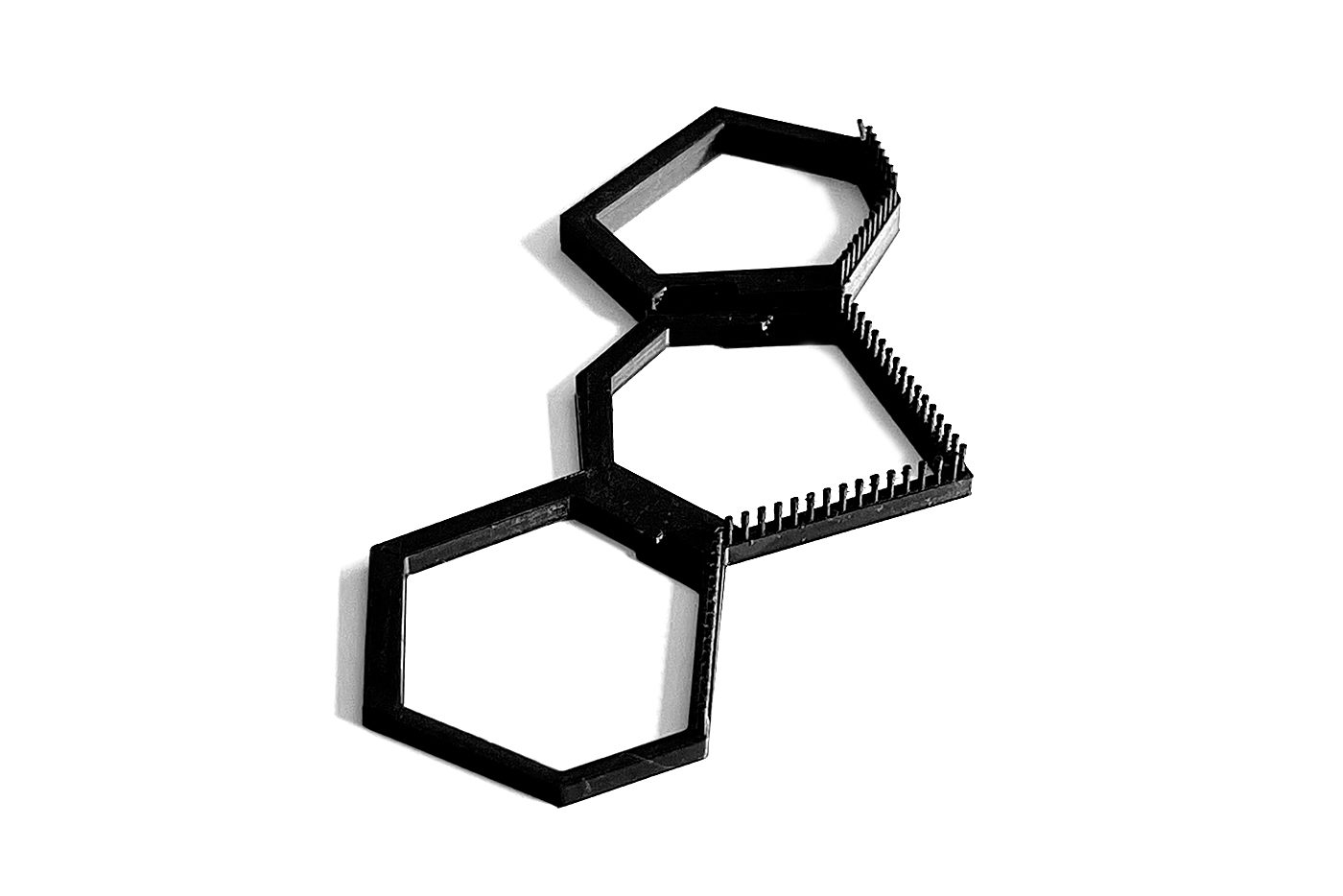Project implementation: Spain
Project development: Spain
Faced with advancing climate change, coastal communities face a crossroads: proactively protecting the coastline has become essential to safeguard lives, heritage, and ecosystems. Traditional solutions, such as dikes or breakwaters, while effective, entail significant environmental and social impacts, restricting community uses and altering the landscape. It is therefore necessary to explore more sustainable and integrated alternatives.
It is in this context that LIFE COSTAdapta emerges in the Canary Islands, a region deeply connected to the sea. The project proposes gentle and progressive solutions, less aggressive than rigid defenses, reinforcing natural coastal self-protection mechanisms. Inspired by medical immunotherapy, the project advocates a "coastal immunotherapy": working with nature and enhancing its resilience.
The central proposal is the creation of artificial tidal ponds, ecological concrete reefs with adaptive geometries, which function as a barrier against sea level rise and as a social space. They reduce wave energy, limit erosion, and provide habitat for marine species. With varying depths, they allow for swimming, environmental education, and scientific research.
The multidisciplinary team plans to build a full-scale prototype on the north coast of Gran Canaria, in San Felipe, where homes are at risk due to rising seas. The process included environmental analyses, landscape studies, and citizen participation, involving residents and surfers to ensure that the project respects local customs and wave dynamics.
The project also highlights the cultural role of tidal ponds, historically present as fishing grounds, salt flats, and recreational spaces. Today, they are symbols of collective identity and demonstrate how small interventions can coexist in harmony with nature. By reinterpreting them, LIFE COSTAdapta expands the role of architecture to environmental and social activism.
In short, the project seeks to prove that gentle interventions can be effective and sustainable, creating a hybrid ecosystem that is simultaneously a barrier, habitat, landscape, and community space. Thus, it contributes to a resilient coastline, prepared to face the effects of the climate crisis.




